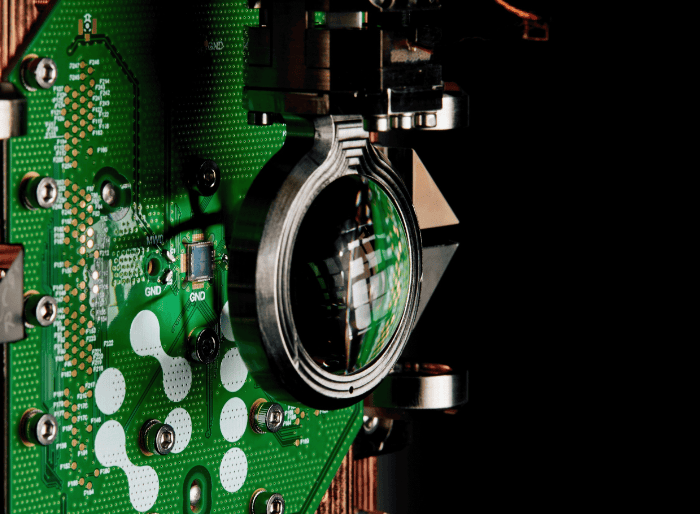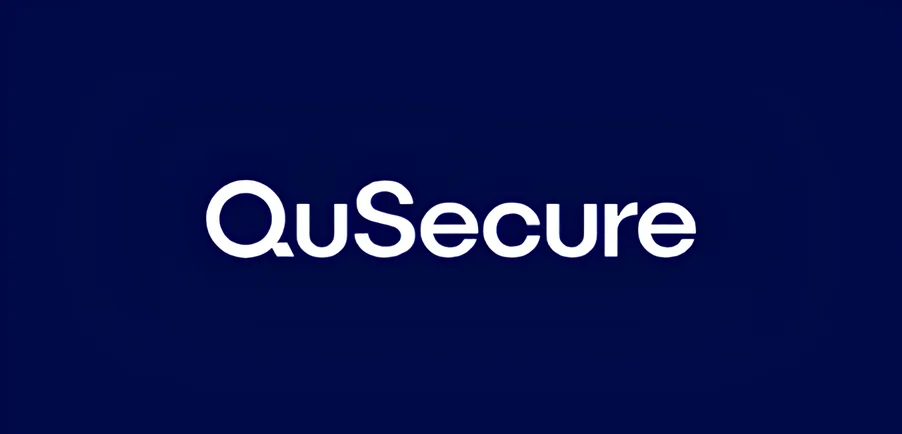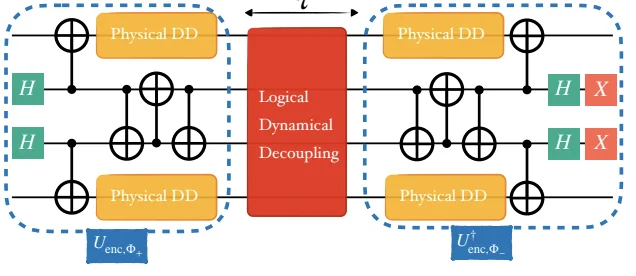Insider Brief
- Oxford Ionics report their chips can provide over twice the performance of previous records.
- The results were achieved without using error correction.
- These quantum chips can be built at scale in existing semiconductor factories.
- Image: Oxford Ionics
PRESS RELEASE — Oxford Ionics has demonstrated the highest performing quantum chip in the world, which can be produced at scale in a standard semiconductor fabrication plant.
Building stable, high-performance quantum computers is hugely challenging. It demands the creation of high-performance qubits and a way to control those qubits in a scalable way. Only one technology – trapped ions – has demonstrated the performance needed to build a useful quantum computer. However, until now, trapped ions have been difficult to scale as they are typically controlled by lasers.
Oxford Ionics has eliminated the need to use lasers to control qubits through the development of a patented Electronic Qubit Control system. This unique, embedded approach takes the highest performing qubit technology – trapped ions – and integrates everything needed to control them into a silicon chip that can be mass-produced using standard semiconductor manufacturing facilities and processes.

Oxford Ionics has set industry records in both two-qubit gate and single-qubit gate performance (fidelity). Previous world records have been achieved with the use of error correction to reduce errors in hardware. Oxford Ionics chips provide over twice the performance, without needing error correction, using 10x fewer qubits:
- Proven implementation of two-qubit gates with fidelities at the 99.97% level
- Proven implementation of single-qubit operations with 99.9992% fidelity
Building a useful quantum computer requires high performing single and two-qubit gate operations. Oxford Ionics’ significantly increased qubit performance means that powerful quantum computers can be built with far fewer qubits and that valuable commercial applications can be deployed before needing to implement complex and costly error correction techniques.
In an email interview with The Quantum Insider, Dr. Chris Ballance, co-founder and CEO of Oxford Ionics, said the company’s latest performance demonstration shows the industry is moving toward commercialization. The promise of quantum computing means that when these devices enter the market, it could have a transformative impact across industries, he added.
“We are on the precipice of entering an age where quantum computing can bring market-catalysing commercial value,” Ballance said. “Whether it’s through better financial modelling, groundbreaking biomedical research, or developing new ways of harnessing renewable energy, quantum computing has the potential to revolutionise how we tackle some of today’s most fundamental challenges.But in order to realise the full potential of the technology, quantum computing must be made reliable and scalable. Across the industry, it has long been believed that hundreds of qubits with ~99.99% fidelity will unlock commercially valuable quantum computing. With our result today, we have proven that we can enter this new era sooner than expected – all with just a few hundred qubits on a thumbnail-sized chip.”
Together with the scalability of Oxford Ionics’ approach, these results indicate the dawn of useful quantum computing is far closer than previously thought. With proven engineering, Oxford Ionics will now build a scalable 256 qubit chip that can be manufactured on existing semiconductor production lines.
Dr Michael Cuthbert, Director of the UK’s National Quantum Computing Centre, said: “The new results mark a pivotal step forwards in ion trap quantum computing and validates the scalability of the technology. The reported one and two qubit gate results outperform other players’ achievements to date, meaning error correction becomes achievable with minimal overheads. This performance underpins the proprietary architecture Oxford Ionics will deliver to the National Quantum Computing Centre as part of our Quantum Computing Testbed procurement and we are really excited to see both how this will be deployed, and how we will be able to use these ultra-high performance qubits for the development of algorithms and new applications.”
Ballance said: “The industry’s biggest players have taken different paths towards the goal of making quantum computing a reality. From the outset, we have taken a ‘rocket ship’ approach – focusing on building robust technology by solving the really difficult challenges first. This has meant using novel physics and smart engineering to develop scalable, high performance qubit chips that do not need error correction to get to useful applications, and can be controlled on a classic semiconductor chip. Since we started in 2019, we have hit every target on our roadmap on time and today’s results validate our confidence in our approach. We are now able to focus on the commercialisation of our technology and delivering useful quantum computing at scale.”
Dr Tom Harty, co-founder and CTO at Oxford Ionics, said: “When you build a quantum computer, performance is as important as size – increasing the number of qubits means nothing if they do not produce accurate results. We have now proven that our approach has delivered the highest level of performance in quantum computing to date, and is now at the level required to start unlocking the commercial impact of quantum computing. This is an incredibly exciting moment for our team, and for the positive impact that quantum computing will have on society at large.”














